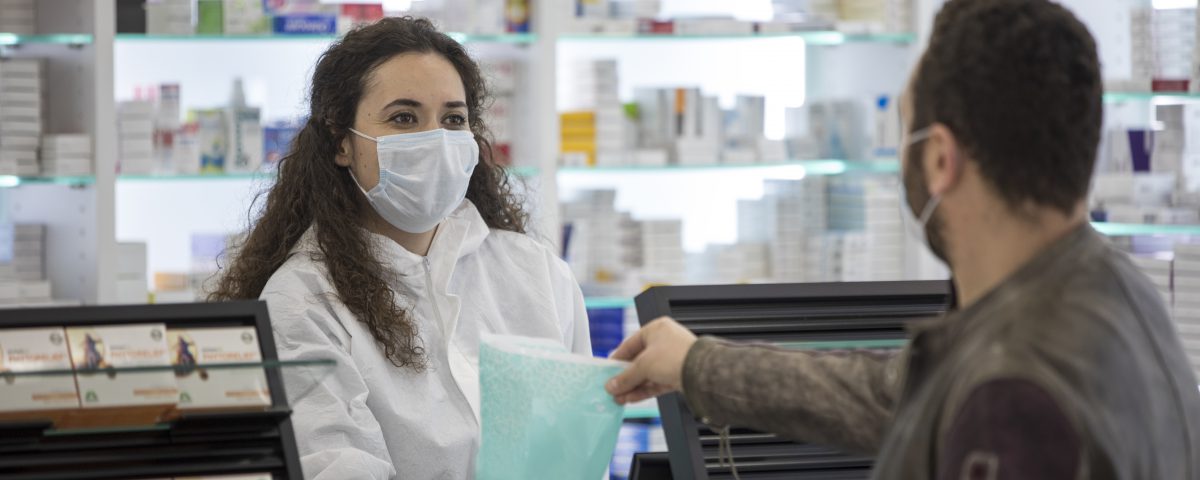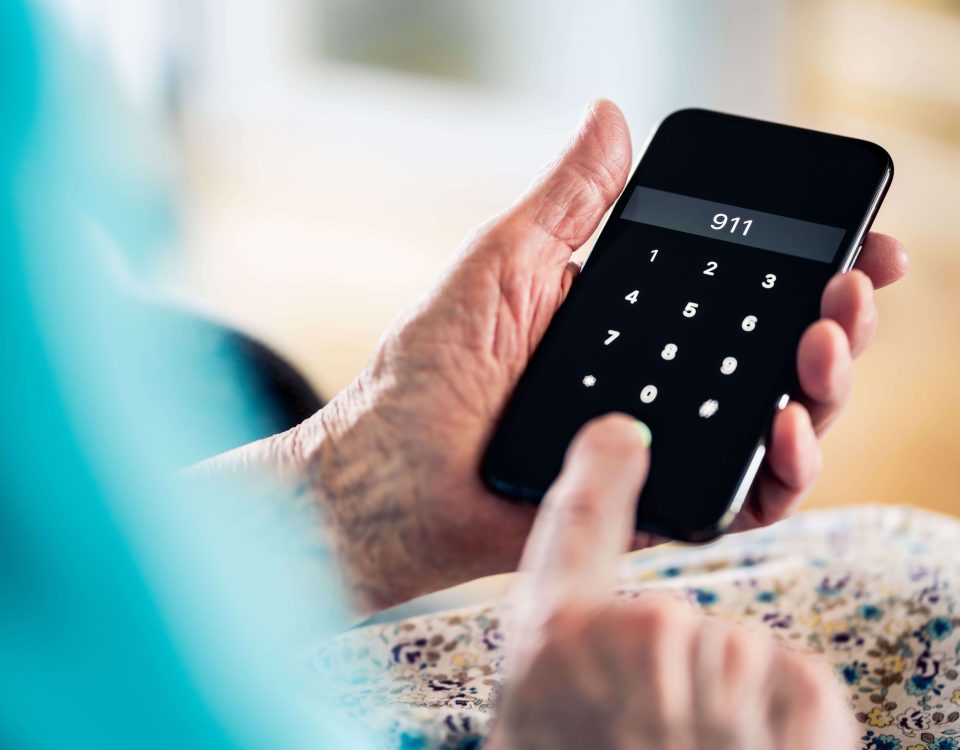- Have any questions?
- 412-123-4567
- noreply@upmc.com
How to Get Narcan® in Pennsylvania

Narcan® is the brand name for naloxone, a medication that can reverse an opioid overdose. Opioids include pain medications — such as Vicodin®, OxyContin®, Percocet®, and Opana® — as well as fentanyl and heroin.
Although opioids may reduce pain symptoms, opioid use poses risks, including dependency, addiction, overdose, and withdrawal.
What Leads to Opioid Misuse?
Opioids are highly addictive because they activate receptors that regulate pain and pleasure in the body. When opioids attach themselves to these receptors, the body releases large amounts of dopamine, creating a “high” or euphoric sensation. For some people, this feeling makes them want to repeat the experience, which can lead to misuse.
Most opioid overdoses are accidental. They can happen anywhere, anytime, and to anyone. The vast majority of overdose deaths in recent years have involved illicitly manufactured fentanyl and other very strong opioids.
In medical settings, doctors prescribe fentanyl to treat severe pain — primarily cancer-related pain or emergency care. It's 50 to 100 times more potent than morphine. Those who take the lab-made illicit version of fentanyl often do so for its euphoric effects.
Fentanyl is very common in the illicit drug supply and may often turn up in other drugs, such as cocaine or counterfeit pain pills. This puts people who don’t know they're taking it at risk of an overdose.
What Does Narcan® Do?
When given to a person during an overdose, naloxone reverses the effects of opioids on the brain and the respiratory system to prevent death.
Naloxone comes in several delivery methods, but the most common is a nasal spray. Narcan® is the brand name for the intranasal delivery method. It's a product that any adult can obtain over the counter.
A box of naloxone comes with two doses of the medication. The second is available if the first dose isn't enough to reverse the overdose within three to five minutes.
Naloxone is effective only for opioid overdoses — it cannot reverse overdoses from alcohol, benzodiazepines, cocaine, or other drugs. But because most overdose deaths involve opioids, it's an important rescue medication.
Naloxone is very safe and, because giving naloxone to someone who has not taken opioids will not harm them, it can normally treat any suspected overdose.
Read on to learn how to get Narcan in Pennsylvania so you can administer it in the event of an overdose.
Is Narcan Available Over the Counter in Pennsylvania?
Narcan is available over the counter at pharmacies in Pennsylvania. You don't need a doctor's prescription to obtain the medication. Most insurance plans cover naloxone, so getting it as a prescription medication may make affording it easier.
Is Narcan Legal to Carry in Pennsylvania?
In 2014, the Pennsylvania Senate signed into law Act 139. This authorizes law enforcement officers and other emergency responders to carry and administer naloxone to people who are having an overdose.
Act 139 also makes it legal for family members, friends, and the general public to help people at risk of overdose by allowing them to get a prescription for naloxone from their pharmacy to have on hand in case of an emergency.
In addition, Act 139 provides immunity from prosecution for those responding to and reporting an overdose.
What Is a Standing Order for Narcan in Pennsylvania?
A standing order is an order or direction for a specific action. The standing order for Narcan in Pennsylvania allows anyone to fill a prescription for Narcan at any pharmacy in Pennsylvania that carries it.
The standing order, issued by Debra Bogen, MD, FAAP, Pennsylvania's acting secretary of health, is a prescription written for the general public rather than specifically for one individual.
People who are taking prescription pain medications or using fentanyl — and their family members — can get a prescription for Narcan from their family doctor. However, anyone can access Narcan by using the standing order on file at most pharmacies.
If your pharmacy doesn't have the standing order on file, you can download it here and print it out.
Why Is Narcan Free?
Narcan is free in Pennsylvania because insurance companies will cover the cost of Narcan or offer it at the same copay you pay for other medications.
Because the cost may differ among different pharmacies, you might want to call around to several pharmacies on your insurance plan to ask them:
- If they have the standing order (or if you need to bring a copy).
- If they have Narcan in stock (or if they must order it).
- What Narcan will cost with your specific insurance.
Most pharmacies will flag Narcan as a medication that requires a consultation with the pharmacist. If you order Narcan and the pharmacist offers a consultation, accept it.
You can ask the pharmacist any questions you have about when and how to give Narcan so that you can have more confidence about using it in an emergency.
How Do You Administer Narcan?
Telling whether a person has overdosed or passed out isn't always easy. If you’re having a hard time telling the difference, it's best to treat the situation like an overdose — it could save the person’s life.
The five key steps to reversing an overdose using Narcan are:
- Step 1: Look for symptoms.
- Step 2: Call 911.
- Step 3: Ensure an open airway.
- Step 4: Administer Narcan.
- Step 5: Stay with the person until help arrives.
For more detailed instructions on administering Narcan, check out this article.
Should I Call 911 if I Suspect an Overdose?
Act 139 includes a condition called the “Good Samaritan Provision" to encourage friends and family members to call 911 for emergency services when someone is having an overdose without the fear of getting arrested for having illegal substances. See the law here.
The law offers certain criminal and civil protections to persons who dial 911 in good faith to report an overdose. Make sure to call 911 right away if you think someone is having an overdose. Remain with the individual until help has arrived and cooperate with first responders.



